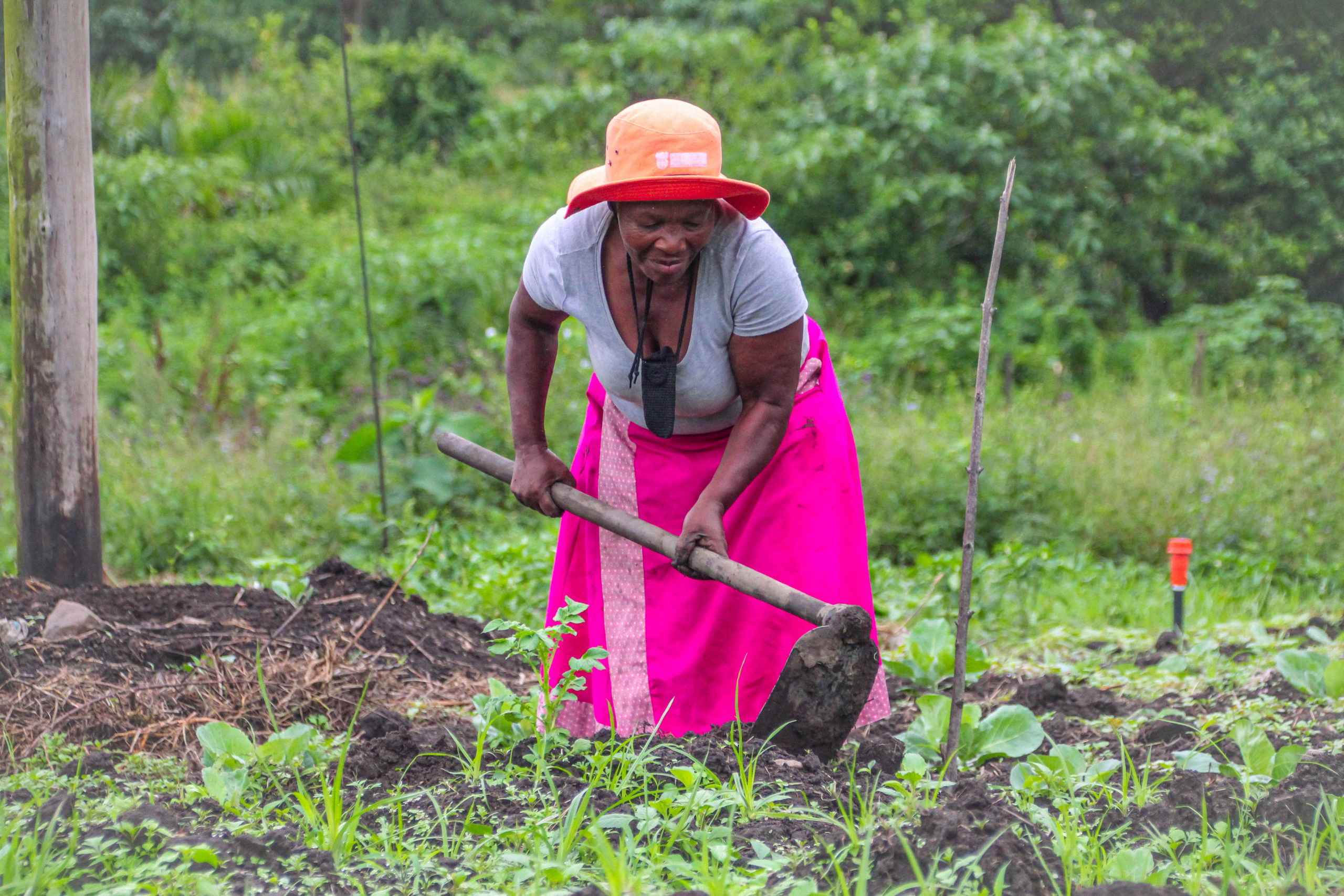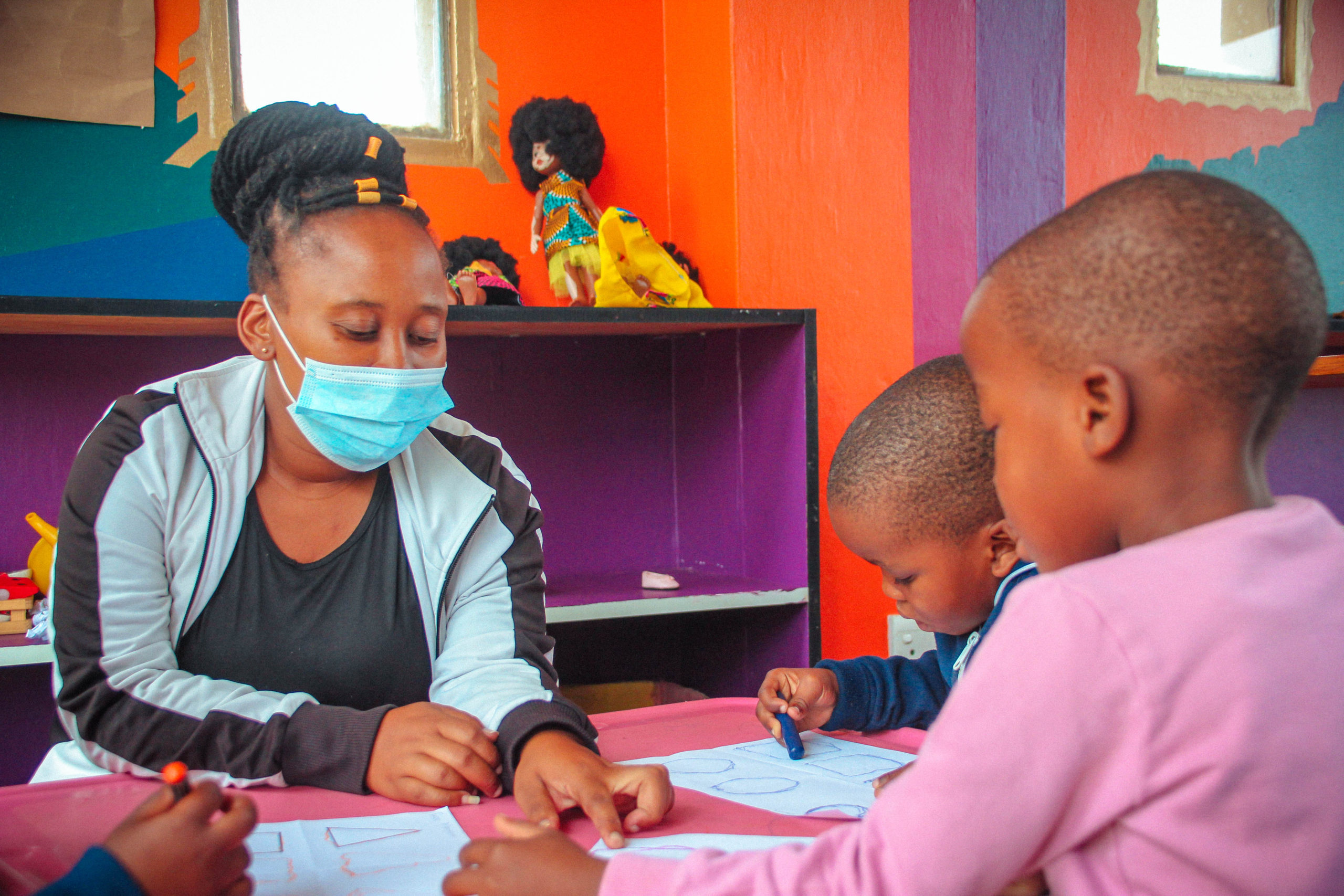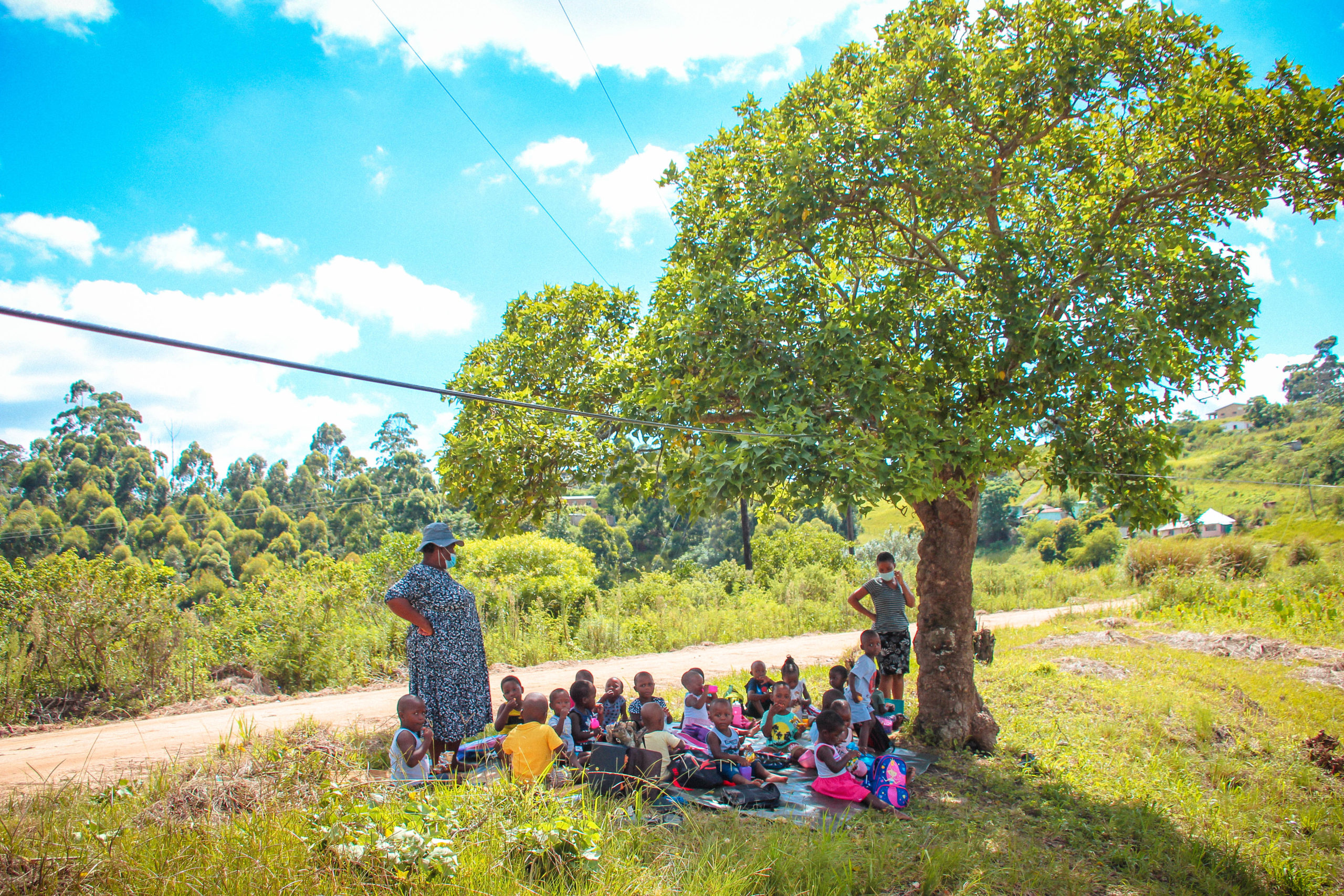 SPOILER ALERT: This blog contains spoilers on Dr. Seuss’ book, The Lorax. If you have not read The Lorax before, it only takes 15 minutes and there is a really handy ebook online. It’s a really fantastic book and this post will make much more sense when you do!
SPOILER ALERT: This blog contains spoilers on Dr. Seuss’ book, The Lorax. If you have not read The Lorax before, it only takes 15 minutes and there is a really handy ebook online. It’s a really fantastic book and this post will make much more sense when you do!
Who is The Once-ler?
Since 1971, Dr. Suess’ The Lorax has taught us many lessons: to protect our environment, to speak up when it is in danger, and to contest the endless greed and desire for economic success. However, the most important lesson we at Thanda take from The Lorax is from The Once-ler, and it is a lesson of empathy.
The story begins in the present day, where The Once-ler is an old, grumpy and regretful man. We learn that, in the past (or “once”) The Once-ler destroyed an entire beautiful and lush forest of Truffula Trees that even he himself described as “paradise.” He directly caused the suffering and possibly extinction of the Bar-ba-loots, Humming-fish, and many other critters who lived there. Finally, he failed at his business of making Thneeds, a product whose name ironically claims it is a thing we need (th-ing-need). The Once-ler’s success was limited, temporary and a part of the past. Although it can’t be confirmed, this may be the reason Dr. Seuss wittingly named him The Once-ler. His character, like his name, reminds us of the fleeting value of material possessions and that our greed to be “biggering” has severe detrimental consequences.
The Once-ler is not just corporate greed, he is in all of us
The Lorax is an important three-week theme in our Creative Learning Curriculum that is taught to grades 2 and 3. First we read the story, then explore it through activities and discussion, including a character analysis of The Once-ler. Initially, many readers express an unwavering dislike for The Once-ler. By grade 2 and 3, Thanda participants have already had many interactions with caring for living things and showing empathy through studies of the forest animals from books like The Gruffalo and The Giving Tree, so they express concern for the animals who were hurt by his actions. They see him as the antagonist, the villain. However, as we start to put The Once-ler’s life into perspective, readers begin to understand how he is a complex character, and may not be so different from many people in our own lives, including ourselves.

The Once-ler as a younger man is motivated and driven. He desperately wants his family to be proud of him and he desires to live a comfortable life with a house, a car, and other luxuries. He works tirelessly to make this dream a reality and does not socialize or have friends. When his efforts become profitable he calls his family who rush to join the fast money-making business. The Once-ler is the first year MBA candidate, the over-worked parent, or the teenager at the shopping mall begging for a new phone. He is in all of us.
The Once-ler is so consumed in his greed that he never even considers he may run out of Truffula Trees. When the trees, thneeds and work had run out, he narrates “in no time, my uncles, and aunts, everyone all waved me good-bye./They jumped in my cars/ and drove away under the smoke-smuggered stars./ Now all that was left’ neath the bad-smelling sky/ was my big empty factory, the Lorax and I.”


Here, we all might have an “ah-ha! I told you so!” moment while at the same time feel bad for The Once-ler’s loneliness and failure. When The Lorax, the protector of the forest, leaves, too The Once-ler does not move on to make a new factory, he is completely consumed by what he must do to get it all back (which may be another version of greed).
The Story’s Resolution
 For years, possibly decades, The Once-ler has isolated himself in his home. He boarded up his windows and “worried and worried away.” In fact, he says he has worried with all of his heart what The Lorax had meant when he left a pile of rocks that said “Unless.” His shame for what he did suppressed any innovative or driven characteristics and drove him into insanity.
For years, possibly decades, The Once-ler has isolated himself in his home. He boarded up his windows and “worried and worried away.” In fact, he says he has worried with all of his heart what The Lorax had meant when he left a pile of rocks that said “Unless.” His shame for what he did suppressed any innovative or driven characteristics and drove him into insanity.
Until we meet a young, curious child and the story comes full circle. The Once-ler finally realises the meaning of Unless. “Now that you’re here, the word of The Lorax seems perfectly clear.” The Once-ler is ignited with hope that a new generation can regrow the forest and places the last Truffula seed into the boy’s hand. The story is ultimately about the new generation who has a greaterability to create positive change for a better world.
“Unless someone like you cares a whole awful lot nothing is going to get better, it’s not.”
How Having Empathy for Others Can Create a Better World
Empathy is essential for a more peaceful  world because it enables people to look beyond race, nationality, or religion, to understand one another. In our Creative Learning Curriculum, we define empathy as an ability to relate with other people, animals and nature by identifying with characters in stories and to use that understanding to guide one’s actions. By relating to a character in a story, children learn to see the point of view of others and are able to imagine themselves in someone else’s shoes.
world because it enables people to look beyond race, nationality, or religion, to understand one another. In our Creative Learning Curriculum, we define empathy as an ability to relate with other people, animals and nature by identifying with characters in stories and to use that understanding to guide one’s actions. By relating to a character in a story, children learn to see the point of view of others and are able to imagine themselves in someone else’s shoes.
Empathy is a skill that we can cultivate and practise every day. By caring for other living things, whether it is animals, insects, trees or other people, we can learn that everything has needs and they may not always be the same as our own. We also have an ability, if not responsibility, to help others meet their needs, too. Even the most antagonistic character of a story is just as complex as the hero. This article by Masters in Communications give a wonderful overview on empathy and why it matters.
Unless someone like YOU cares
The Lorax shows us that we all have a responsibility, the young and older generations together, to not let what happened in the story to our planet and to ourselves. Every day we can make choices that create a better world. By giving to Thanda you’re passing the torch to a new generation that has the ability to deepen that impact. Last year, children in our After-school Programmes improved their empathy skills by 114%.
Give books and resources to develop empathy skills by clicking here.
Learn how to make your own Lorax Mustache and speak for the trees!









1 Comment